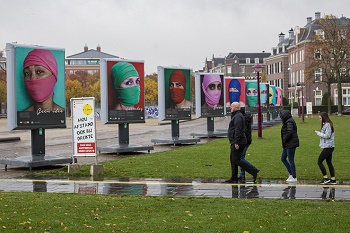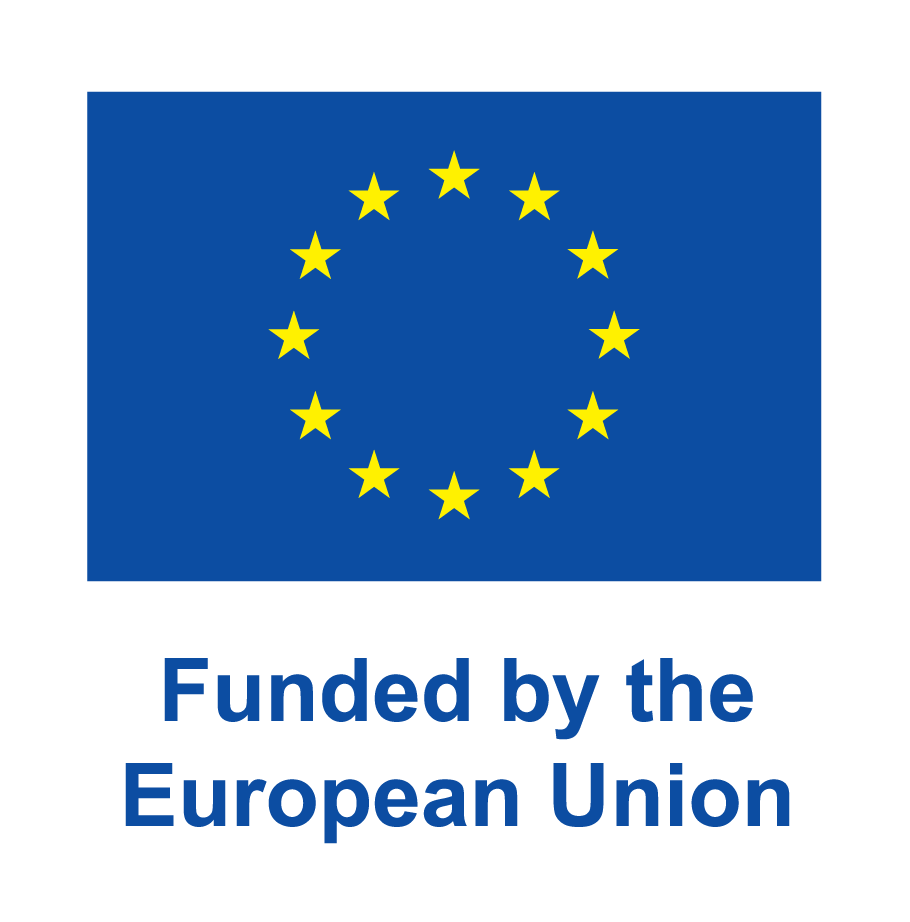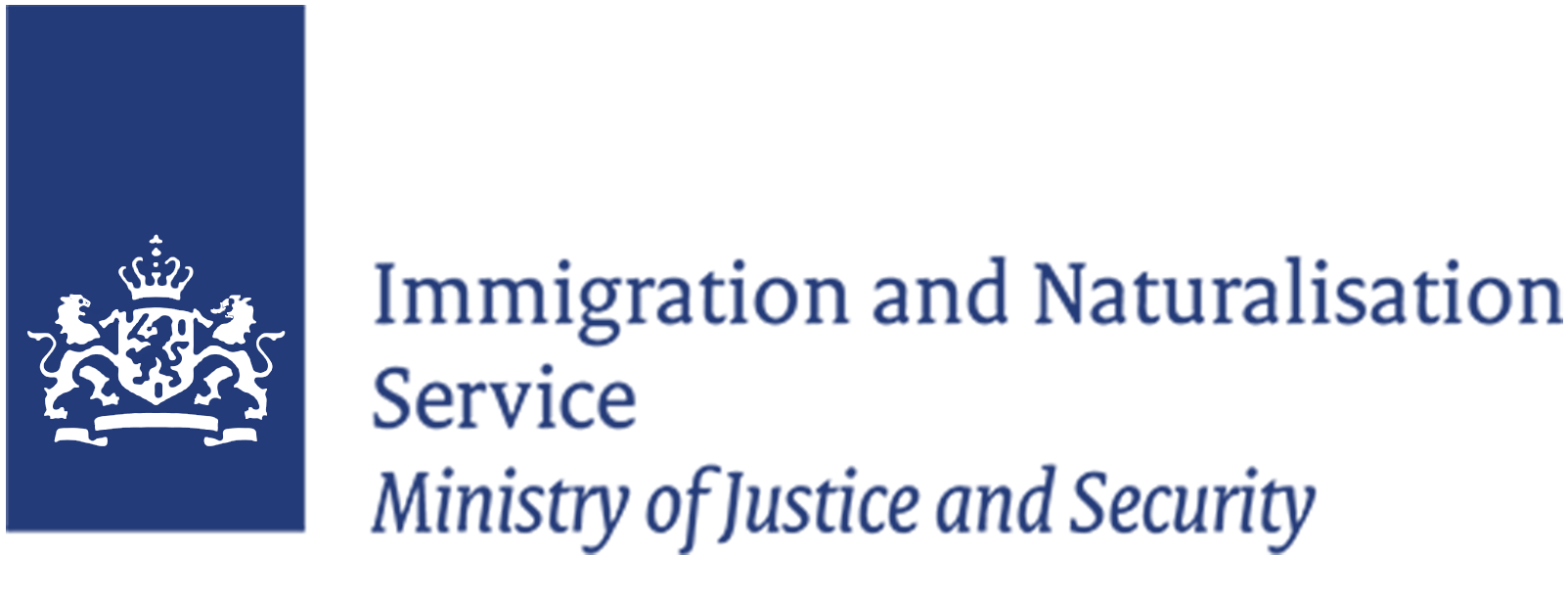2021 was a year marked by the crisis in Afghanistan and COVID-19, developments that also had implications for Dutch migration policy. On a national level the main issues concerned a persistent shortage of reception capacities, the problem of nuisance caused by a group of asylum applicants, and the human dimension in the Dutch migration and asylum policy. In addition, for the majority of 2021 a caretaker cabinet was in place, resulting in legislative proposals being put on hold.
Migration policy Netherlands | Annual Report Netherlands 2021
Annual Report EMN Netherlands: Dutch migration policy in 2021
21 October 2022
Migration policy 2021 (selected developments)
Legal migration
- Measures to prevent misuse of the economic migration regulations of some kind.
- A new regulation took effect that offers a residence permit to essential start-up personnel.
- New cooperation agreements were established with the International Organization for Migration (IOM) and the United Nations High Commissioner for Refugees (UNHCR), in order to ensure faster completion of applications by family members joining beneficiaries of international protection (family reunification) in the Netherlands.
- Lifting of previous COVID-19 measures on travel restrictions for family members of migrants.
International protection
- Measures were introduced to create extra reception capacity which was necessitated by a national shortage.
- Several changes to the asylum procedure came into effect to generate a more flexible response to fluctuations in the asylum influx.
- Evacuations from Afghanistan and the reception of Afghan refugees.
- Policy proposals being put on hold as a result of the caretaker cabinet being in place, including proposals on a revision of the rules in case of a late decision on an application for international protection, as well as an adjustment of the validity period of asylum residence permits.
- Changes in the general asylum procedure (AA), among which a shortening of the AA from eight to six days, and a possibility for extension.
(Unaccompanied) minors and other vulnerable groups
- Implementing policy change in regards to the obligation to investigate the adequacy of reception facilities in the country of origin before issuing a return decision – and not only before carrying out the return decision.
- Additional funds were made available to improve the primary and secondary school education of third country national minors.
- The Netherlands Ministry of Justice and Security announced resolutions to improve the safety for gay, bisexual, transgender, queer or questioning, and intersex (LGBTQI) asylum seekers in reception centres.
Integration
- Preparations for the coming into effect in January 2022 of the New Civic Integration Act (Wet Inburgering 2021).
- Temporary relaxation of some civic integration requirements to counter the consequences of COVID-19.
- Several measures were taken to combat discrimination and discriminative behaviour in governmental organisations in response to the Dutch childcare benefits affair (toeslagenaffaire).
Dutch citizenship
- RANOV permit holders (foreign nationals who fell under the 2007 general amnesty and therefore received a legal residence permit) who wish to become naturalised as a Dutch citizen were exempted from the requirement to submit a valid foreign passport and birth certificate.
- A bill that initiates a procedure to determine a person’s statelessness was discussed in the Parliament in 2021, processing continued in 2022.
Irregular migration and migrant smuggling
- Evaluation of awareness raising campaigns aimed at making (potential) migrants aware of the risks of irregular migration and the legal alternatives in Nigeria, Iraqi Kurdistan and Afghanistan.
- With regard to identifying migration routes to prevent irregular migration, in practice the new (organised) route via Belarus was identified.

Trafficking in human beings
- Strengthening of the municipal approach to combatting human trafficking by developing a common framework.
- With regard to international cooperation, the Netherlands established joint investigation teams under the umbrella of the European Multidisciplinary Platform Against Criminal Threats (EMPACT).
- The Netherlands’ Ministry of Foreign Affairs, together with the International Organization for Migration (IOM), launched the Cooperation on Migration and Partnerships for Sustainable Solutions initiative (COMPASS) which adopts an ecological approach to combating human trafficking.
Return
- From 10 July until 18 November 2021, a decision and departure moratorium for third country nationals from the regional state Tigray in Ethiopia and for ethnic Tigrayans was installed.
- In 2021, the Dutch uptake of the FAR (Frontex Application for Return, a web-based platform to enable the exchange of information between Frontex and EU Members States) was expanded to foreign nationals who leave the Netherlands voluntarily.
- An amendment to the proposed Return and Immigration Detention Act (Wet terugkeer en vreemdelingenbewaring) was halted for 2021.
Publications
- Read the EMN Netherlands Annual Report 2021: ‘Annual Report 2021: Migration and asylum in the Netherlands’


